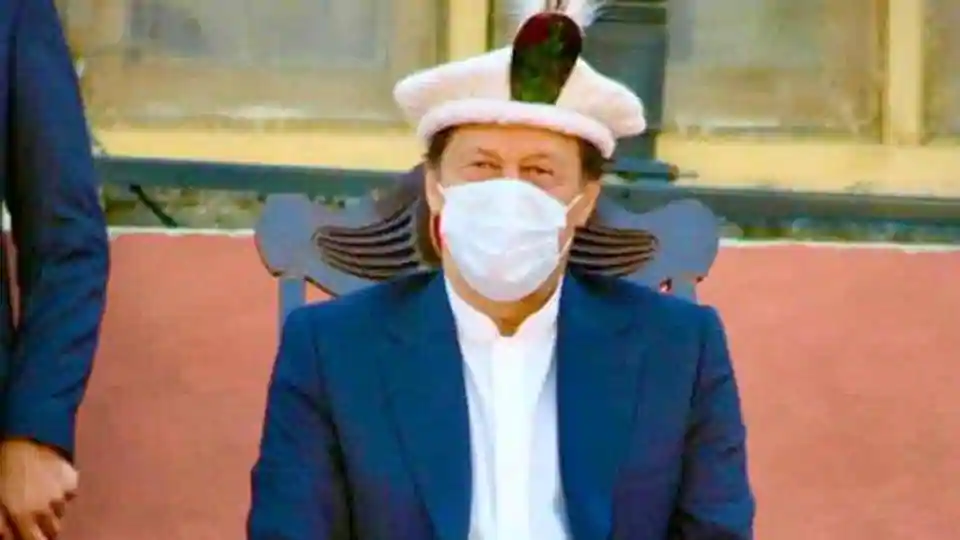
SOURCE: Hindustan Times
The Pakistan government has given Gilgit-Baltistan “provisional provincial status”, Prime Minister Imran Khan announced on Sunday, adding another twist to the ongoing controversy over the region claimed by India as part of the erstwhile state of Jammu and Kashmir.
Khan made the announcement while addressing a gathering in Gilgit to mark the so-called “independence day” of Gilgit-Baltistan. He also attacked the Indian government, accusing it of trying to foment unrest in Pakistan and creating a divide between the Shia and Sunni communities.
“I want to greet the people of Gilgit-Baltistan today because we have decided that Gilgit-Baltistan will be given provisional provincial status, which was their demand for long,” Khan said, speaking in Urdu.
“We have made this decision while keeping in mind the UN Security Council resolutions. We made the decision in between the UN Security Council resolutions But I know this was a long-standing demand of the youth here and I greet them today,” he said.
He did not give further details or say when Gilgit-Baltistan would become Pakistan’s fifth province. Khan also said his government had a development package in mind for the region but that he couldn’t announce details because of the elections to be held on November 15.
Khan highlighted the importance of a strong military for Pakistan in the face of what he described as a campaign by the Indian government to foment unrest across Pakistan and to create a split between the Sunni majority and Shia minority. He also said it was necessary for Pakistan to have a strong military in view of the oppression of the Kashmiri people by the Indian government following the scrapping of Jammu and Kashmir’s special status on August 5 last year.
He also accused the Indian government of oppressing the country’s Muslims through the Citizenship (Amendment) Act (CAA) and the National Register of Citizens (NRC).
He praised Pakistan’s intelligence agencies for foiling what he said were India’s moves to create unrest at a time when opposition parties were making plans to discredit the military and judiciary. Khan particularly defended army chief Gen Qamar Bajwa and Inter-Services Intelligence (ISI) chief Lt Gen Faiz Hameed from attacks by the opposition parties.
Referring to PML-N leader Ayaz Sadiq’s remarks that Indian Air Force pilot Abhinandan Varthaman, shot down in a dogfight during the military standoff triggered by the Pulwama terror attack in February 2019, was freed by Pakistan because of fears of an impending attack by India, Khan said the opposition leaders were “speaking like [Indian Prime Minister] Narendra Modi”.
There was no immediate response to Khan’s remarks from Indian officials.
When reports first emerged in September of Pakistan’s plans to make Gilgit-Baltistan that country’s fifth province, India had said such an action would have “no legal basis whatsoever” as the region had been militarily occupied.
The Pakistan government plans to make the region a full-fledged province with constitutional rights such as representation in both houses of Parliament. The move reportedly has the backing of Pakistan’s powerful military establishment. Khan’s Pakistan Tehreek-e-Insaf party is banking on the move to boost its chances in the elections.
“Any action by Pakistan to alter the status of the militarily occupied so-called ‘Gilgit-Baltistan’ has no legal basis whatsoever and is totally void ab-initio,” external affairs ministry spokesperson Anurag Srivastava said in September.
The Pakistan government’s move comes two years after powers of the Islamabad-controlled council for Gilgit-Baltistan were transferred to a local assembly. In 2009, the Gilgit-Baltistan Empowerment and Self-Governance Order renamed the Northern Areas as Gilgit-Baltistan and the region was given province-like status but without representation in Parliament.






